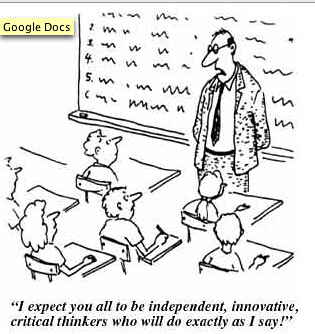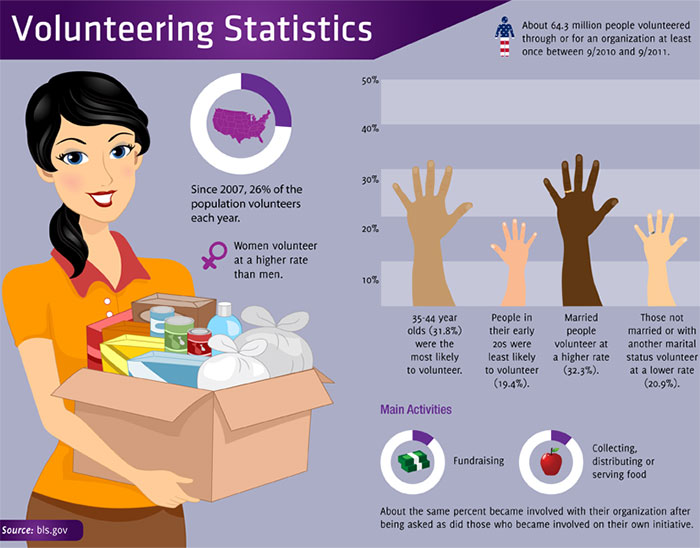
I think that allowing students to
have a voice in the classroom changes everything. Setting this class setting up
early is important so that on day one, the students feel that they are a valued
part of the classroom, which should improve their outlook on school. I also think that in empowering classes,
students help one another develop a sense of self-worth. If as an educator you
have a chance to do this for your students, why wouldn’t you?
“They ask why the
official textbook and syllabus are organized the way they are and how this
knowledge relates to their community cultures and to conditions in society” (37).
This quote
popped out at me. The minute I read it I thought - “Dr. Bogad”. She is teaching
our class as an example of what Shor is trying to say. As a student I am so
used to doing what I am told by teachers, because they are my teacher. But as
students, we deserve a say. Luckily, we are given one in FNED, but how many
other classes give us this choice? I think that as we prepare to become
teachers, we must keep this in mind. We have to care about our students’
opinion and we must allow them to question.
“I posed the problem but did not
lecture on it. Instead, I
asked-students to write
their responses individually. They read them to each other in small groups of
three or four to discuss their analyses before each group reported to the whole
class for dialogue, reading statements from their groups one at a time for
discussion” (40).
I liked this segment of the reading. I think that teachers
always feel the need to jump in and help the students, which forms their views
and opinions on certain subjects. However, when an educator is patient and lets
the students work it out on their own, they get to form their own opinions and
learn to debate it on their own. Also they will be more likely to ask questions
if you do not present all the facts in one quick lecture. I really liked this
method of teaching, and I think the ideas of use are great.
Class discussion: Do other people plan on teaching in this
manner? Do you see different pros and cons? I feel I will try to teach in this
way. I think it is beneficial for both my students and myself.





